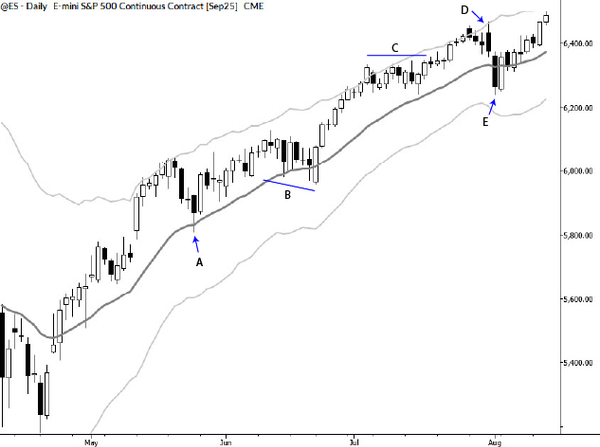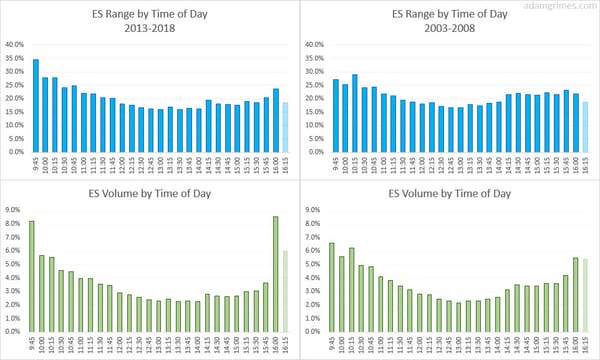An Unlikely Skill
Being good at being wrong?
[dc]I[/dc] have spent a lot of time recently thinking about how to develop and teach the skills of profitable trading. Of course, it's always a bit humbling when you realize how difficult it is to compete successfully with any degree of consistency in the markets, and how much variation in the bottom line there can be with even a strong trading edge. So much of a discretionary trader's performance depends on more or less subjective decisions, so we must approach the market with the right mindset and attitude. I've come to realize that one of my key trading skills is more than a little counter-intuitive, and perhaps may be very surprising at first glance. The good news is you can develop this arcane skill too, but, I have to warn you, it is a bitter pill for some people to swallow—I am really, really, really good at being wrong.
I think this skill might come from my previous career as a classical musician. I spent much of my childhood and young adulthood as a classic pianist and a composer. At least once a week, my work would be reviewed by a teacher and criticism was much more likely than praise. At some point, you just accept criticism and critique as normal; you develop a thick skin and stop having any emotional reaction. I even once had a teacher hit me in the back of the head and say, "everything you are doing is very, very bad" and storm out of the room. My reaction? I sighed because I knew he was right and resolved to work harder next week.
Now, don't get me wrong. I was very good at what I did and I knew it, but I came to understand that the process of getting better was constantly realizing that I could be better, and that failure was my guide. Rather than being afraid of failure and weakness, I sought them out (that fourth finger of my left hand), and then focused days, weeks or months of work to fix them. I was essentially wrong in something every minute of every practice day, for six to eight hours a day, every day. You get used to being wrong, and the emotional charge associated with it goes away.
That has translated to my trading, though it wasn't always like this. I'll write more on this later, but I remember my early days of trading when I literally would have to go to the bathroom every 3 minutes from anxiety, would read newsletters desperately looking for support for my position, and would agonize over every tick of every trade. Today, I know that I know nothing. I know that every time I trade I'm essentially doing nothing more than flipping a weighted coin that comes up heads a little more than it comes up tails. Why would I care about a losing trade? The coin comes up tails a lot, so how can I have an emotional reaction to that? Why would I stick with a loser past my stop point? The market went to that price, so now I know I'm wrong—the coin came up tails, so I'll just pick it up and wait for a chance to flip it again.
I think it can be a productive adjustment for many developing traders. Think about the things you do once you have decided to make a trade, or after you are in a trade. Do you tweet or blog to support your position? Do you argue with other traders, explaining why your trade is right? (Fundamental or macroeconomic arguments can be especially dangerous.) The majority of what I see on my twitter feed or read on blogs is noise and nonsense, just people making arguments about why they are right. Be careful, because this can easily lead you to become more attached to your position, making it harder to get out (or even to flip your position) when you're wrong. Cultivate objectivity: If you get into a trade, you will know you're right if price goes in your direction and you make money. If it goes against you to your stop point, you are wrong. You will be wrong a lot, so get good at it.



